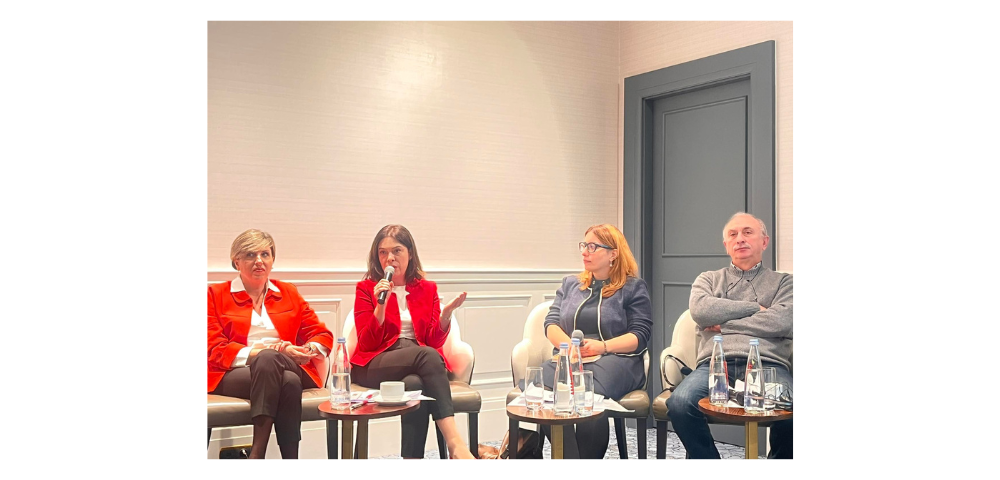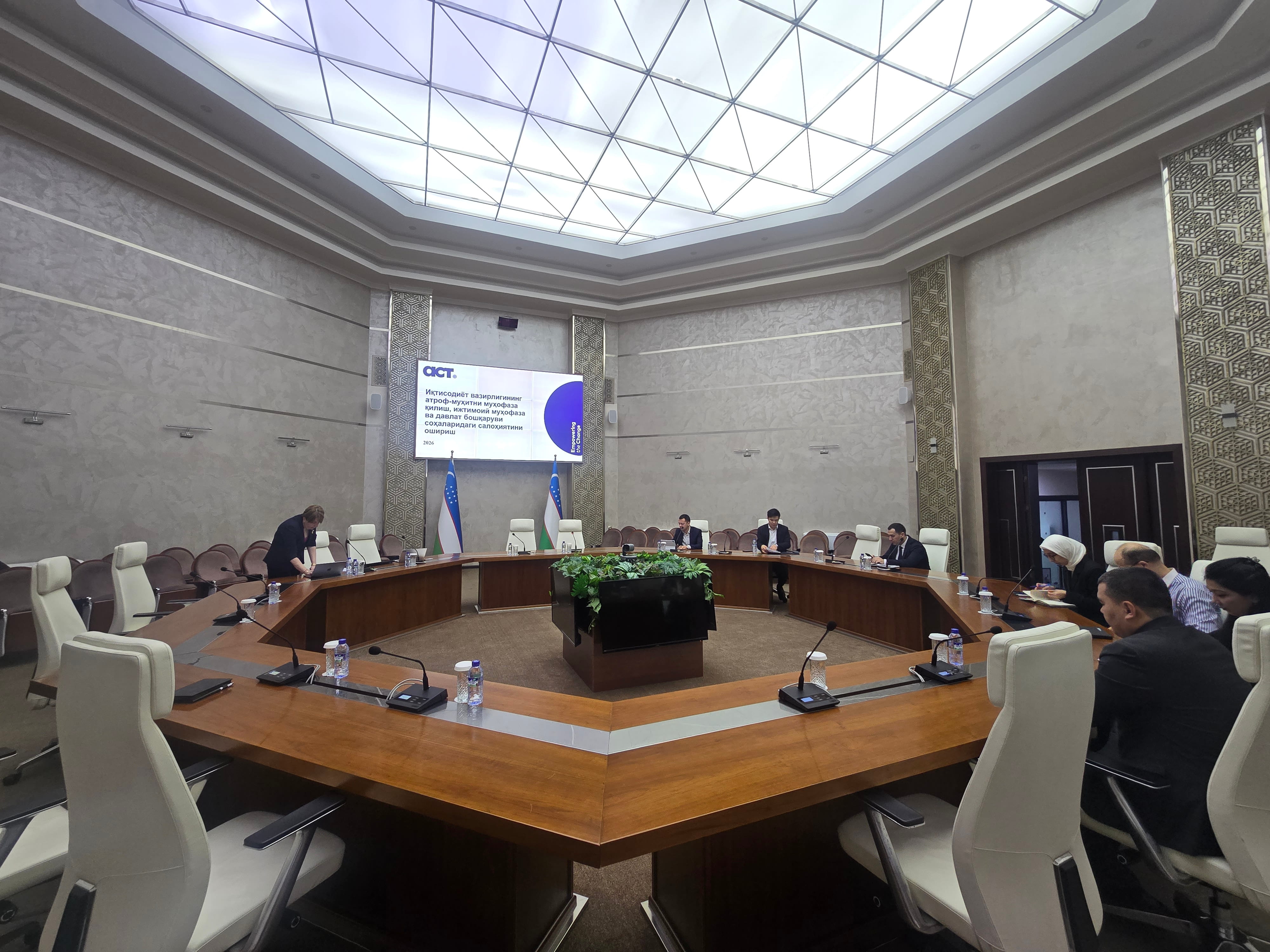On November 18, the Tbilisi Marriott Hotel hosted the annual conference of the Georgian Public Opinion Research Association, organized by the International Republican Institute (IRI).
Representatives of research organizations, researchers and scientists discussed at the conference important topics for improving the reliability of public opinion polls.
At the conference, ACT Co-Founder and Vision Leader spoke about the importance of the methodological procedures disclosure rule in public opinion research.
According to the organizers of the conference, adherence to ethical principles and ensuring methodological transparency with the help of research organizations will help develop an effective mechanism that allows researchers to correctly present and interpret the findings or results of the survey. It is the value of transparency and scientific openness and the goal of realizing these values that unites the Georgian Public Opinion Research Association and those organizations of the United States of America whose goal is to develop democracy in Georgia





